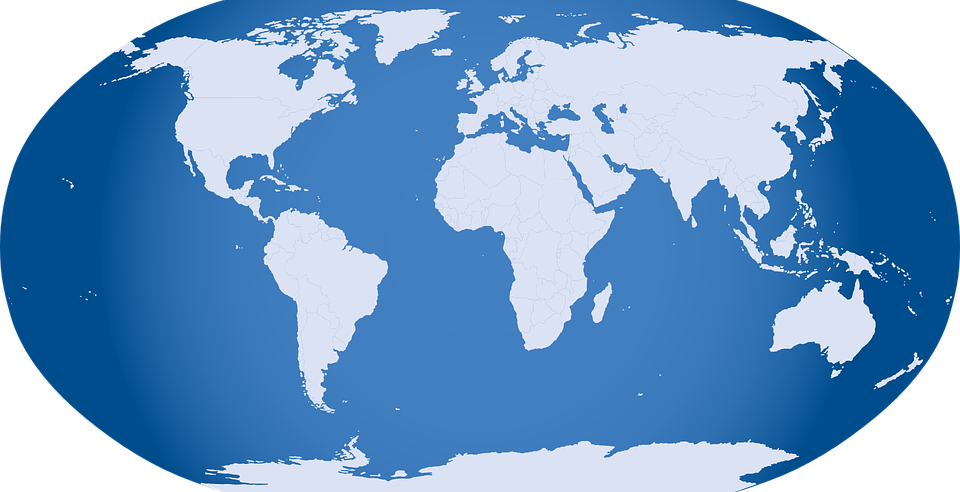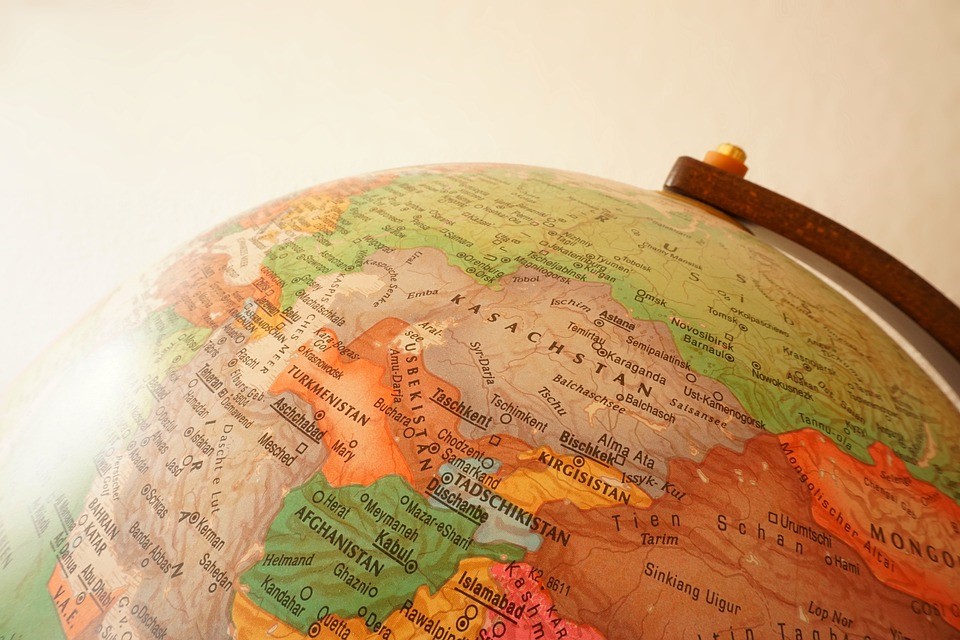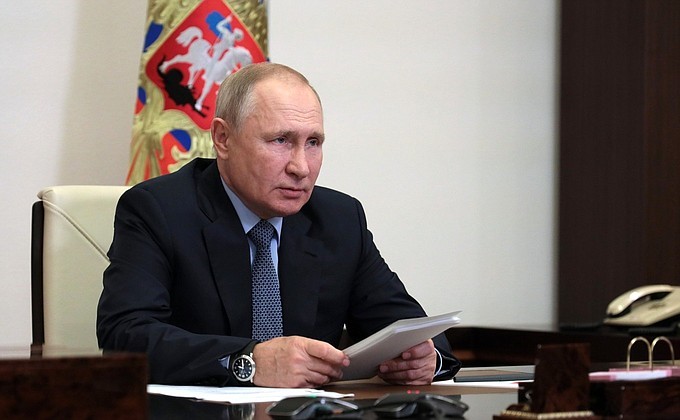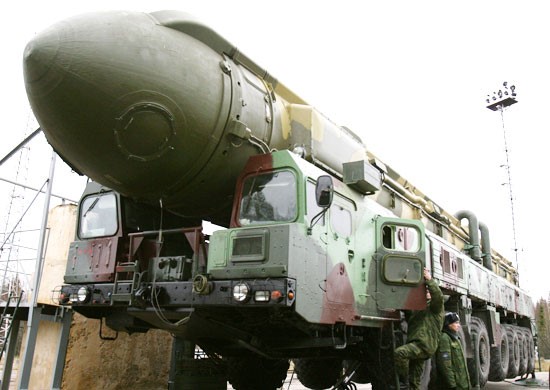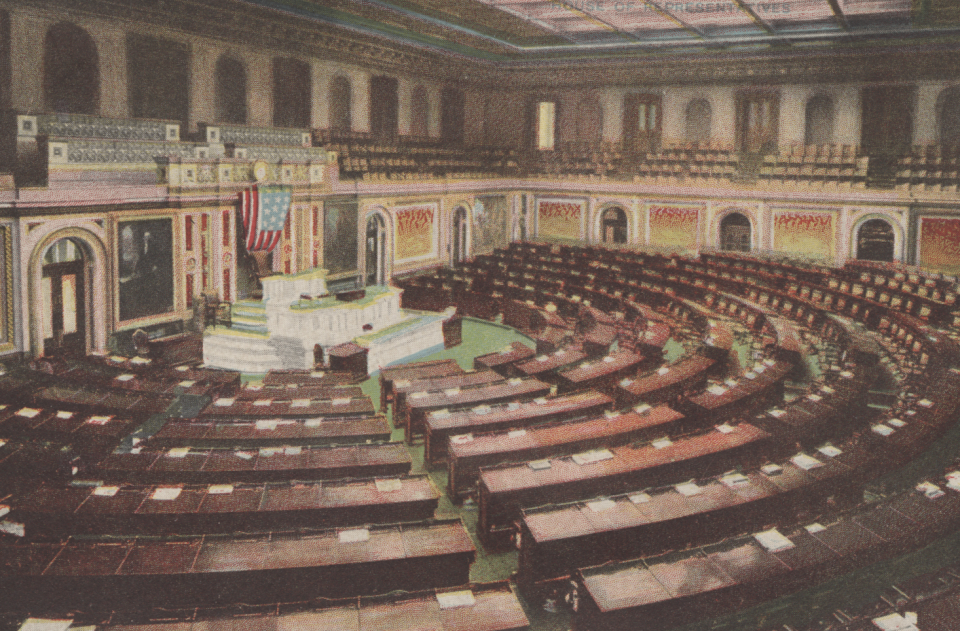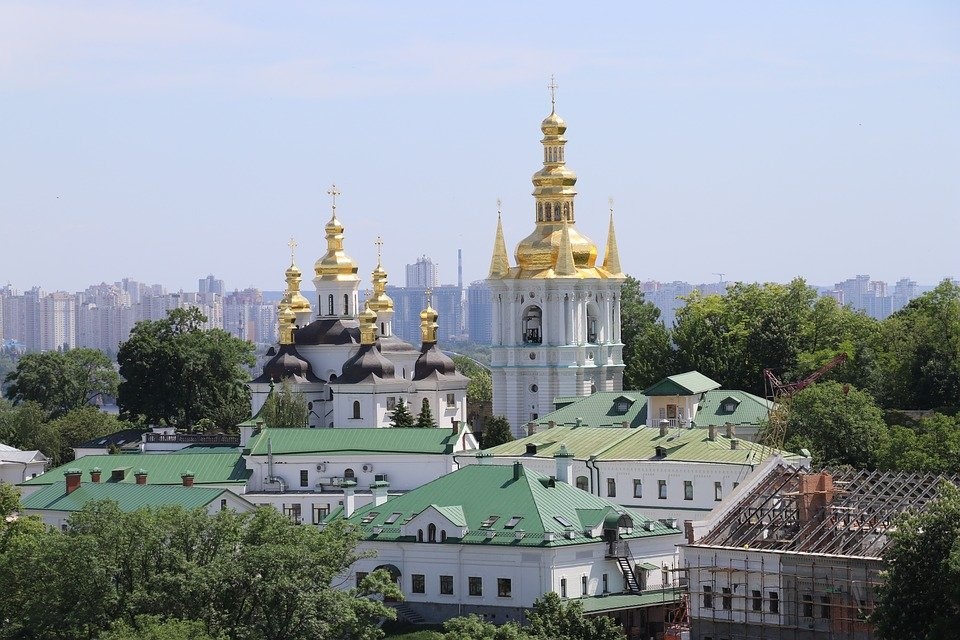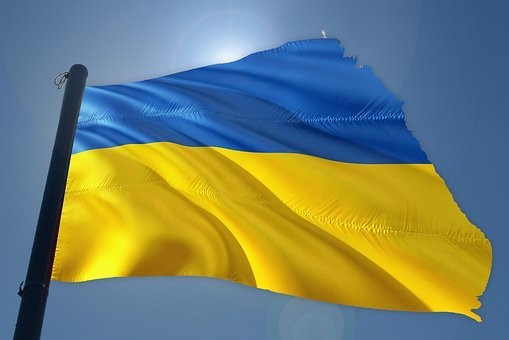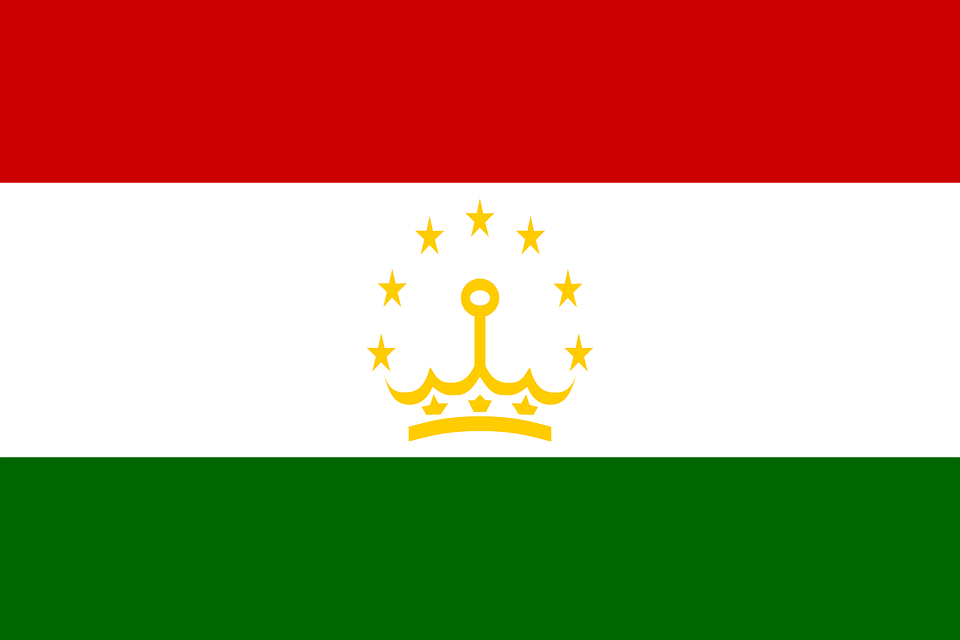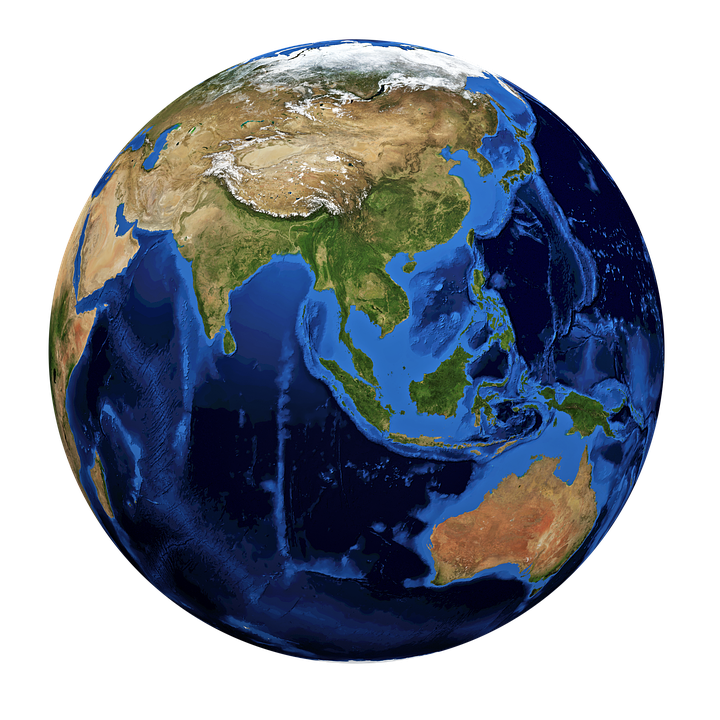INDIA
Multiparty elections are moving into their final week in five Indian states containing over 180 million people or about 13% of the country’s population. On March 10 the Bharatiya Janata Party (BJP) hopes it will add to its previous four wins by taking the fifth state during this election cycle. Uttar Pradesh is the state most political analysts are watching carefully to see if Chief Minister Yogi Adityanath wins. If he does, he may become the successor to Prime Minister Narendra Modi. To convince the BJP he deserves the position he must achieve a decisive win. In 2017 his election was less contentious than in this cycle.
Four years ago, the BJP picked up 312 of the 403 state seats. Rising unemployment in Uttar Pradesh in recent months, however, has made it a more difficult challenge this year as many have joined violent protests against the state, which suffered more than most of India from the Covid pandemic. Hundreds of thousands died when the Indian health care system collapsed, and two devastating lockdowns resulted in millions losing their jobs. According to Michael Kugelman, writing in Foreign Policy: “The Uttar Pradesh election is in many ways a referendum on BJP rule: its handling of the economy and the pandemic, its use of divisive rhetoric, and its political future. And when it comes to Indian politics, what happens in Uttar Pradesh doesn’t stay there.”
The elections this week, according to some analysts following the elections, are so important that they may determine the future of democracy in India.
UNITED NATIONS
Earlier this week nine US senators called for the removal of Russia from its seat on the United Nations’ Security Council. The cries have grown stronger in recent days as Putin continues to move his invading forces further into Ukrainian territory. “The UN is a political body. It is not a church. Ultimately, the UN is there as a place where states…can talk to each other in the last resort,” said Richard Gowan, UN director at the International Crisis Group. Senator Joni Earnest (Iowa-R), added that “Putin has demonstrated in plain view his ruthlessness and complete disregard for humanity and our international norms, and the idea that he and his cronies should have a vote on the U.N.’s Security Council is an absolute disgrace.”
The Congressional Resolution, even if it passes, holds no weight on the UN’s membership. No country has been expelled from the UN since its inception. Another message could come from the General Assembly (GA) if it suspends Russian officials from the GA. The publication Defense One quotes Daniel Baer, acting director of the Europe Program at the Carnegie Endowment for International Peace, as arguing that highlighting Russia’s bad behavior is worth it, even if it doesn’t end with Moscow being expelled. He added: “It’s a way of making a statement about their current behavior being completely unbecoming a member of the security council… We should find every opportunity to shine a spotlight on the fact they are acting in a way that’s completely inconsistent with their obligation as a great power and against the UN charter.”Ukraine has reraised the issue of how Russia first obtained its seat after the fall of the Soviet Union. According to the UN Charter, the USSR and not Russia has a right to a seat on the Security Council. It is highly unlikely that China would dare to raise the issue given that it took the Republic of Taiwan’s seat. The answer rests on whether Russia was the “Successor State” or a “Continuing State” under international law. A successor state is when a sovereign state takes over a territory and populace that was previously under the sovereignty of another state. Unlike a continuing state, a successor is viewed legally as having a new personality. Russia, Ukraine, and George are generally considered successor states of the Soviet Union.
Daria Novak previously served in the U.S. State Department.
